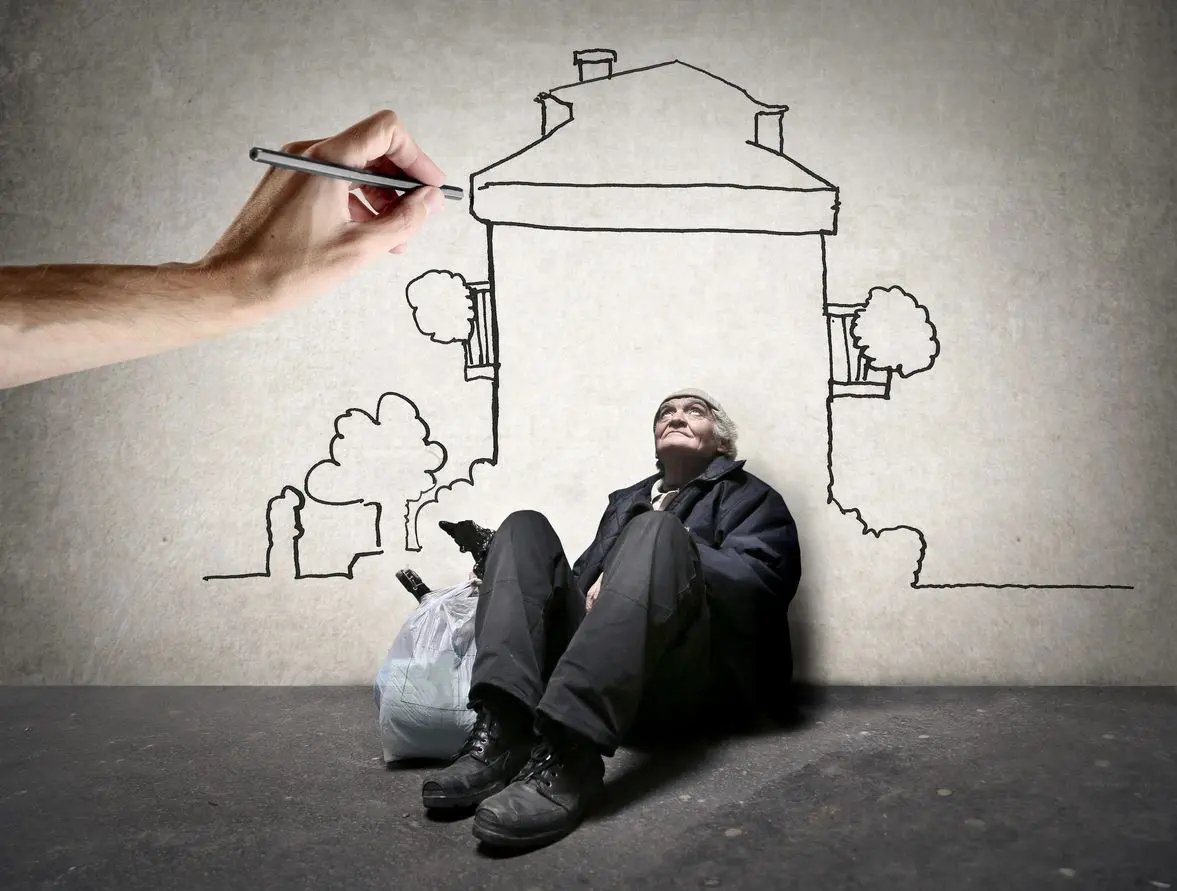Search Posts
Recent Posts
- Rhode Island Weather for May 31, 2025 – Jack Donnelly May 31, 2025
- Burn with Kearns: Fix Your Foundation: Core, Mobility & Joint Health – Kevin Kearns May 31, 2025
- In the News… quick recap of the week’s news (5.31.25) May 31, 2025
- Business Beat: Navigant CU receives prestigious Community Impact Award from NEACH May 31, 2025
- To Do in RI: Taste of Rhode Island. Food, libations, entertainment, auction for Matunuck Oyster Bar May 31, 2025
Categories
Subscribe!
Thanks for subscribing! Please check your email for further instructions.

Why we are outraged with homelessness and leaders who don’t act – Mary T. O’Sullivan
by Mary T. O’Sullivan, MSOL, contributing writer
(Two years ago Mary wrote this reflection on her trip to California. Sadly the situation grows worse, she said then. As it does now. Millions more pumped into homeless relief programs around the country – and in Rhode Island – and here, locally, we face a 35% increase going into this fall/winter season. California has decided to make encampments illegal, and while people have somewhat disappeared, they are now finding their way back to outdoor locations in cities. We reprint this article as it is timely as cities and towns face decisions about making encampments illegal, as upheld by SCOTUS).
“Like you, I know people who drink, people who do drugs, and bosses who have tantrums and treat their subordinates like dirt. Were they to become homeless, some of them would surely also become ‘alcoholics,’ ‘addicts,’ or ‘mentally ill.” – Elliot Liebow
Walking through Los Angeles and Santa Monica last week, the homeless were everywhere. Sleeping in parks, bus, and train stations, gathering in loud groups, and staggering through the streets; homeless people became the landscape of the city. We quickly learned their routines: find a place to sleep during the day – commuter rail trains, buses, park benches, propped up against walls and pillars in public spaces, and assemble together in lighted areas at night. Nowhere in these cities did we see a church or municipality offering food, shelter, or basic necessities to these people. There was no “Crossroads” or “Welcome House” to protect them from the streets. The homeless mark the failure of the society which allows them to become the identity of the city. The year-round Southern California warm temperatures attract these people, who don’t have to seek or be provided shelter against forthcoming frigid temperatures looming six months a year, as in New England.
There’s a mayoral election coming soon to Los Angeles. Each candidate has a platform for ending homelessness in the city. But no one is talking about a long-term plan because voters want to see the homeless disappear from the streets immediately. So, vague promises about offering assistance with social workers and mental health professionals fill the airwaves and newspapers. Truthfully, around election time, the homeless will be swept from the streets and their public gathering places to make way for voters to see that something is being done. Once November passes, the street denizens will return to remind everyone that the crisis isn’t over.
What can be done? There is no clear answer but with so many major universities in the state, solutions can be arrived at. Could the state tap into the student population to design a future for the city’s homeless population? Most of the homeless are single individuals, with obvious drug, alcohol, and mental illnesses. Why not pose the problem to the smart people in colleges and universities who may get school credit for working out ideas? Engage the student population majoring in nursing, city planning, mental health, and public health to crack the code to ending homelessness in California cities.
We know it won’t be an overnight solution. But right now, the state of California gets an “F” for not even trying. We encountered homeless people of every stripe: young, old, male, female, drunk, high on drugs, and covered in blankets and sleeping in tents. A stoned-out woman approached me as I left a restaurant with my leftovers. I offered her my food. When she found out I had eggplant, she refused it saying, “Eggplant is a meat substitute.” Of course, one thing had nothing to do with the other, but she kept walking, rejecting my offering. It occurred to me she really wanted money, not food. Other California people carry packs of socks in their cars, so when a homeless person approaches at a stop light looking for money, they get socks instead. They are so taken aback; they say thank you for the socks and move on.
Politicians can’t be leaders unless they address society’s problems. Right now, lip service is being paid, but no permanent action is being taken. It seems society waits for leaders to emerge and begin serving the people – homeless or not.
“We live in a world where there is so much wealth. There shouldn’t be a homeless person. That’s crazy.” – Raheem De Vaughn
_____
Read all Mary’s columns here: https://rinewstoday.com/mary-t-osullivan-msol-pcc-shrm-scp/

Mary T. O’Sullivan, Master of Science, Organizational Leadership, International Coaching Federation Professional Certified Coach, Society of Human Resource Management, “Senior Certified Professional. Graduate Certificate in Executive and Professional Career Coaching, University of Texas at Dallas.
Member, Beta Gamma Sigma, the International Honor Society.
Advanced Studies in Education from Montclair University, SUNY Oswego and Syracuse University.
Mary is also a certified Six Sigma Specialist, Contract Specialist, IPT Leader and holds a Certificate in Essentials of Human Resource Management from SHRM.
Connect with Mary:
https://www.linkedin.com/in/marytosullivan/
https://www.encoreexecutivecoaching.com/embed/#?secret=xatztJPpOn#?secret=TJ9bmUtHay
https://www.facebook.com/DaringBook
